Building Capacity of Negotiators in LDCs
Project Overview
LDCs face severe socio-economic and environmental problems that threaten sustainable development. Climate change and variability will continue to exacerbate these problems, posing one of the biggest challenges for 21st century diplomacy and international development. Yet, LDCs face obstacles in engaging effectively in intergovernmental climate change negotiation processes.
The initiative 'Building capacity for LDCs to participate effectively in intergovernmental climate change processes' was launched in Bangkok, Thailand in March 2015, supported by the Global Environment Facility (The GEF) Least Developed Countries Fund (LDCF).
The programme provided technical assistance to a select group of negotiators from LDCs. The aim was to strengthen key negotiation skills of LDC negotiators, applying climate change information and science, and understanding the climate change policy-making framework under the United Nations Framework Convention on Climate Change (UNFCCC).
A diversity of hands-on learning methods were used during seminars and workshops, including simulated negotiation sessions, e-learning, mentoring, and opportunities to participate in an active network of practitioners to continually share knowledge and expertise.
The programme was implemented in coordination with the LDC Expert Group (LEG), and Secretariat of the UNFCCC. Collaborating partners include the United Nations Institute for Training and Research (UNITAR) and the International Centre for Climate Change and Development (ICCCAD - Bangladesh).
Project Details
Signature programmes:
Implementing agencies and partnering organizations:
UN Environment (UNEP)
UNITAR
Project status:
Completed
Funding source:
News
UNDP and UNEP support climate change negotiators’ seminar for least developed countries ahead of COP 21 in Paris
14 October 2015, Bonn, Germany: The UN Development Programme (UNDP) and the UN Environment Programme (UNEP) in collaboration with UNITAR have jointly organized a seminar to assist Least Developed Countries (LDCs) in strategically engaging in intergovernmental climate change negotiation processes as part of an ongoing global support programme.
“This support comes at a critical time, as climate negotiators are engaged in climate change diplomacy, leading to a new climate treaty at COP21 in Paris in December which, for the most vulnerable, must aim at limiting global temperature rise to 1.5 degrees Celsius above pre-industrial levels. Least Developed Countries must ensure that the future regime fully recognizes the challenges to development posed by climate change, to this end effective coordination and team-work are pivotal objectives in the run-up to Paris and beyond. The LDC Group needs to act more strategically and as a unit,” said Mr. Giza Gaspar Martins, Chair, LDC Group.
LDCs face severe socio-economic and environmental problems which threaten sustainable development. Climate change and variability will continue to exacerbate these problems, posing one of the biggest challenges for 21st century diplomacy and international development. Yet, LDCs face obstacles in engaging effectively in intergovernmental climate change negotiation processes.
“LDCs need to look at the core issues towards an agreement in Paris. Some issues are not flexible –we cannot negotiate survival,” said Ambassador Collin Beck, from Solomon Islands.
The seminar that took place at the UN Campus in Bonn, was part of the activities of a UNDP/UNEP global support programme, supported by the Global Environment Facility (The GEF). The programme aims to build the capacity of LDCs to participate effectively in intergovernmental climate change processes.
A group of LDC group coordinators and senior negotiators reflected on upcoming issues for COP 21, with the aim to strengthen their negotiation skills, develop expertise in the application of climate change information and science, and enhance their understanding of the climate change policy-making framework under the UN Framework Convention on Climate Change (UNFCCC). The seminar included focused discussions, simulated negotiation sessions and reinforced skills for strategic planning as a group. Experiences on overcoming deadlocks and consensus-building were shared by experts from other multilateral negotiations.
Collaborating partners include the UN Institute for Training and Research (UNITAR), the International Institute for Environment and Development (IIED) and Climate Analytics. This initiative contributes to UNDP’s strategic plan 2014-2017, which aims to foster more inclusive, resilient and sustainable development. It fits into UNEP’s Programme of Work 2016-2017, in particular supporting the UNFCCC process and implementation of commitments under this framework.
Further information:
Rohini Kohli – Lead Technical Specialist, Climate Change Adaptation, UNDP-GEF – rohini.kohli@undp.org
Mozaharul Alam – Regional Climate Change Coordinator, UNEP ROAP – mozaharul.alam@unep.org
Programme Meetings and Workshops
Climate Change Negotiation Skills: Training for LDC Negotiators 27 – 31 July 2015, Bangkok
Posted on:
21 July 2015
Reports and Publications
Provisions for support to LDCs: facilitating the implementation of the UNFCCC and the Paris Agreement
Submitted by esther.lake@undp.org on 21 March 2018
Strengthening the Lima Work Programme on Gender; Perspectives from Malawi and the CBD
Submitted by esther.lake@undp.org on 21 March 2018
Least Developed Countries’ experiences with the UNFCCC Technology Mechanism
Submitted by esther.lake@undp.org on 21 March 2018
Becoming a UNFCCC delegate: what you need to know
Submitted by esther.lake@undp.org on 16 March 2017
Climate negotiations terminology: the pocket guide
Submitted by esther.lake@undp.org on 16 March 2017
Assessments and Background Documents
A guide to transparency under the UNFCCC and the Paris Agreement
Submitted by esther.lake@undp.org on 17 January 2018
Brochures, Posters, Communications Products
Building capacity for LDCs to participate effectively in intergovernmental climate change processes (Achievements 2014-2017)
Submitted by esther.lake@undp.org on 01 December 2017
Reports and Publications of relevance to Country Teams
National adaptation plans; Understanding mandates and sharing experiences
Submitted by esther.lake@undp.org on 07 March 2017
Training & Tools
Evaluation Report: Climate Change Negotiation Skills: Training for LDC Negotiators
Submitted by esther.lake@undp.org on 01 March 2017
Report: Seminar for Senior LDC Coordinators and Negotiators on Climate Change
Submitted by esther.lake@undp.org on 01 March 2017
Climate Change Negotiation Skills: Training for LDC Negotiators 27 – 31 July 2015, Bangkok
Submitted by esther.lake@undp.org on 21 July 2015
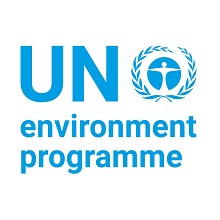
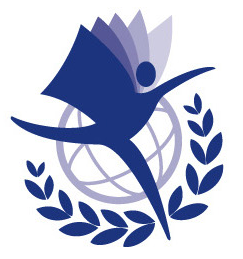
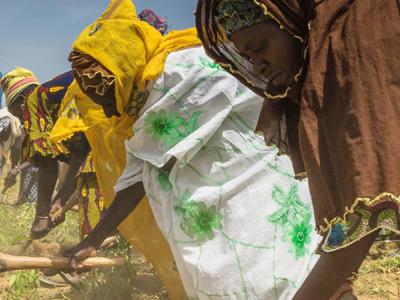 LDCs gather to advance the operationalisation of the Paris Agreement ahead of COP24
LDCs gather to advance the operationalisation of the Paris Agreement ahead of COP24 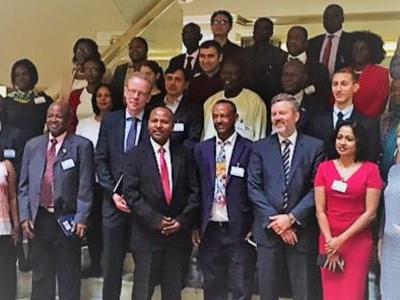 LDCs prepare for critical climate negotiations with the support of UNDP and Norway
LDCs prepare for critical climate negotiations with the support of UNDP and Norway 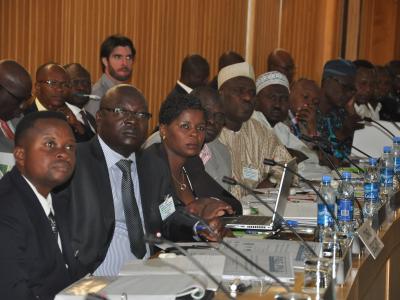 Test
Test 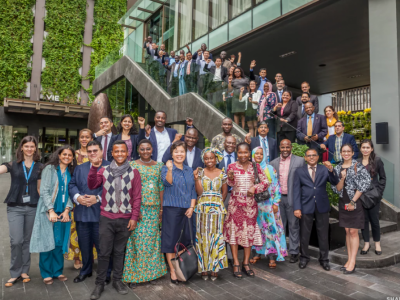 Senior Negotiators Seminar: “Refining Our Negotiation Skills”
Senior Negotiators Seminar: “Refining Our Negotiation Skills” 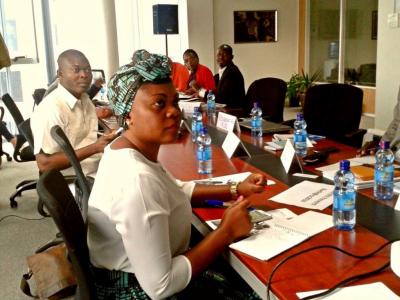 LDC negotiators 'champions of positive change'
LDC negotiators 'champions of positive change' 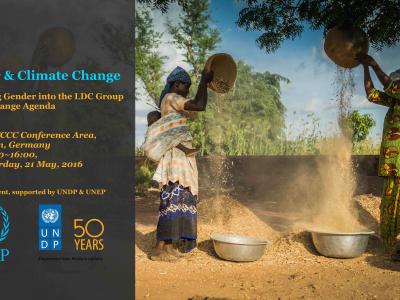 SB44: Gender and climate change
SB44: Gender and climate change 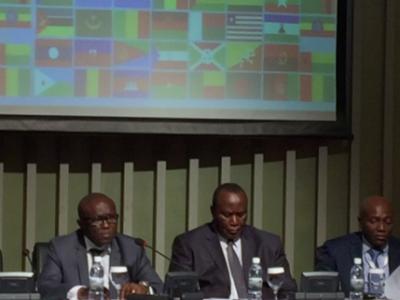 Post-Paris Ministerial Meeting on Climate Change
Post-Paris Ministerial Meeting on Climate Change 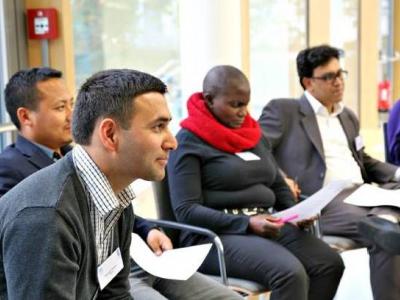 Senior LDC negotiators advance their skills ahead of COP 21
Senior LDC negotiators advance their skills ahead of COP 21 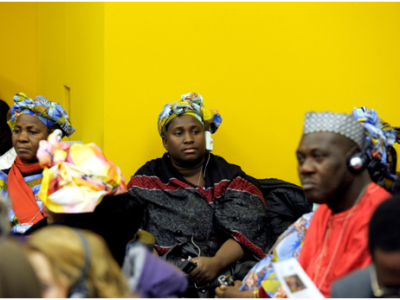 Junior negotiators build their capacity to participate in intergovernmental climate change processes
Junior negotiators build their capacity to participate in intergovernmental climate change processes  UNDP and UNEP support climate change negotiators’ seminar for least developed countries ahead of COP 21 in Paris
UNDP and UNEP support climate change negotiators’ seminar for least developed countries ahead of COP 21 in Paris 